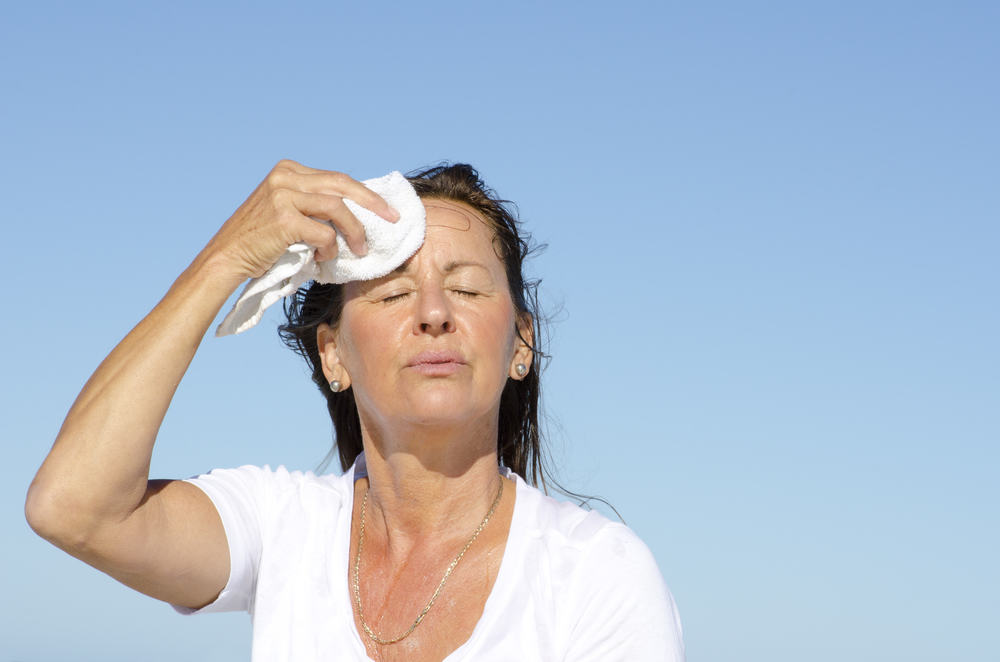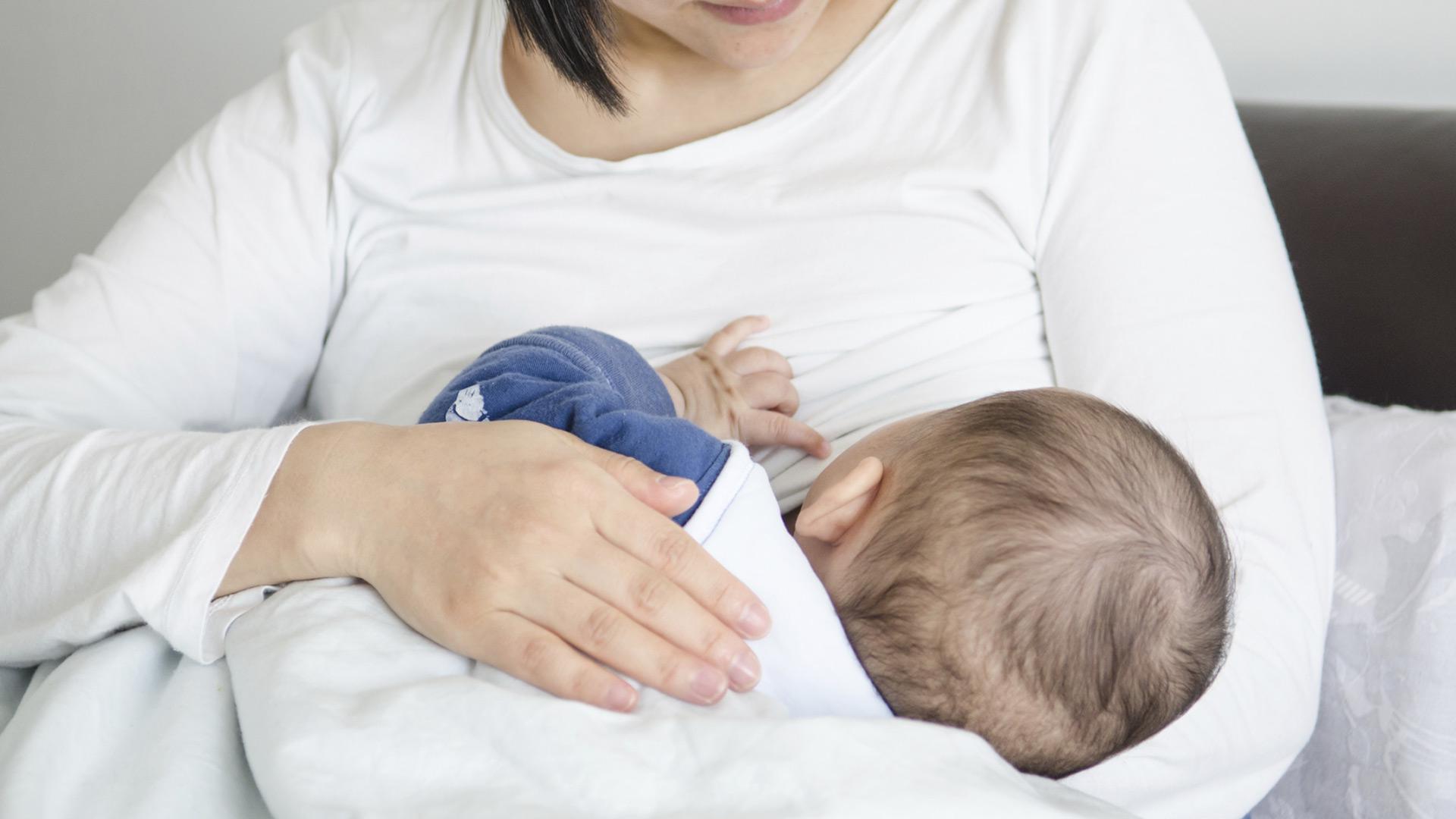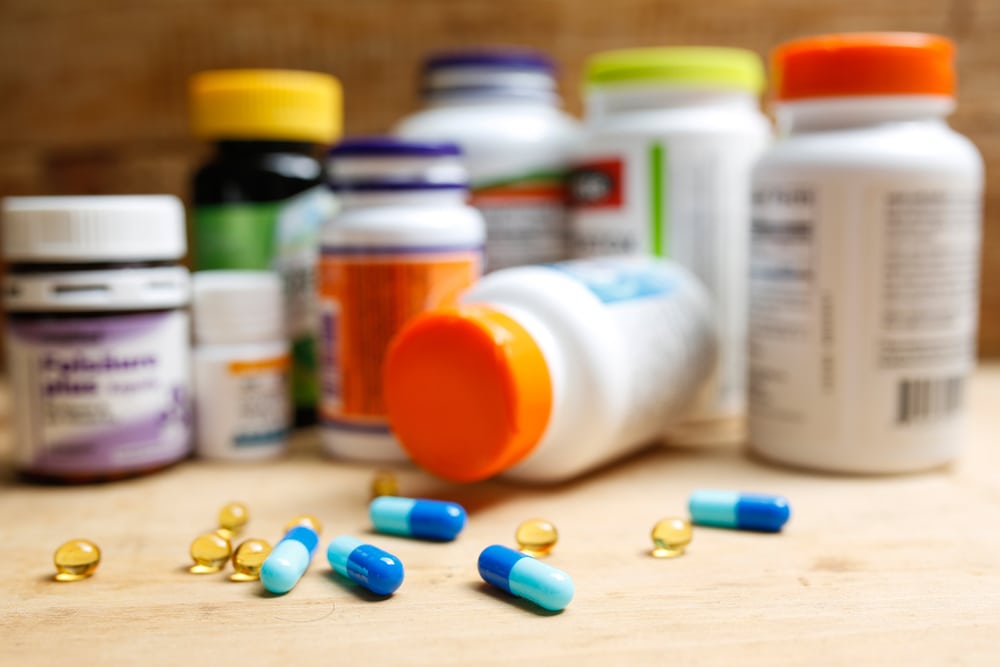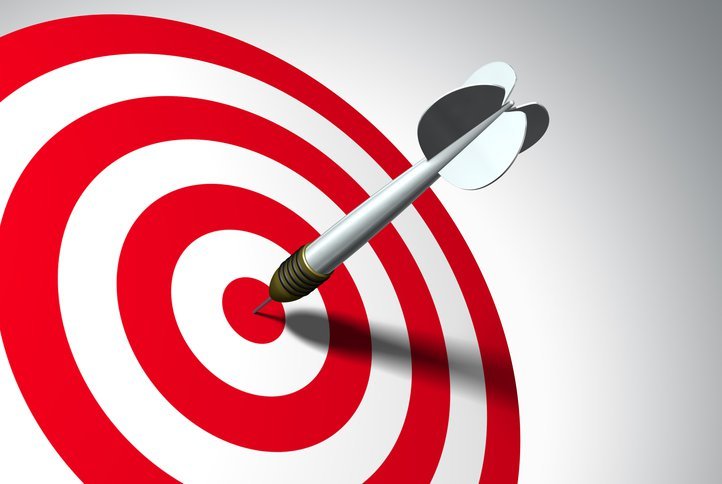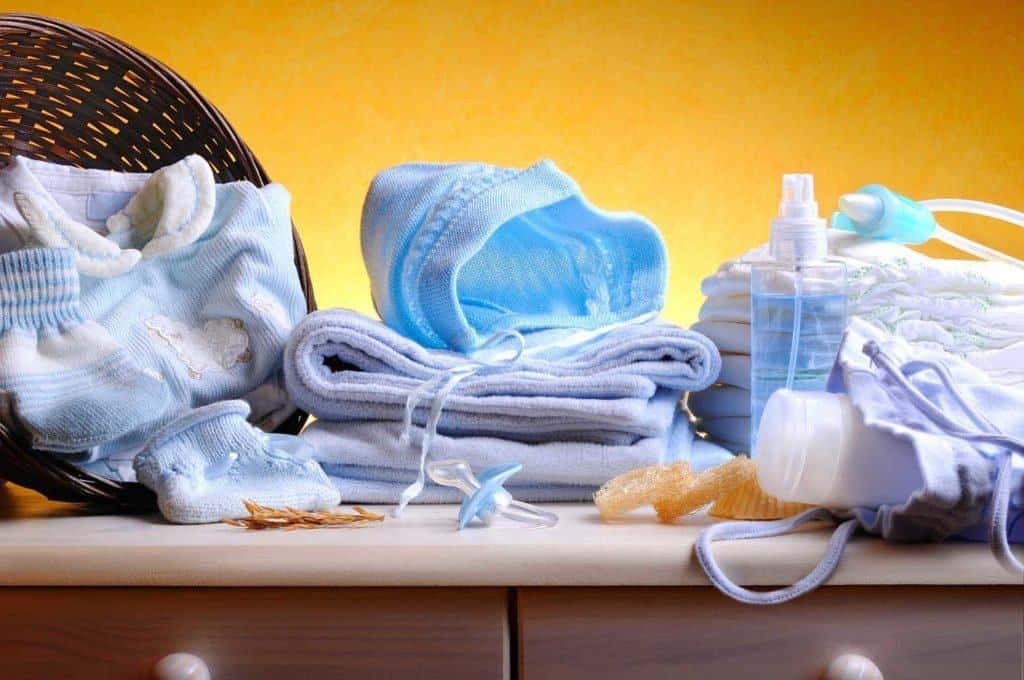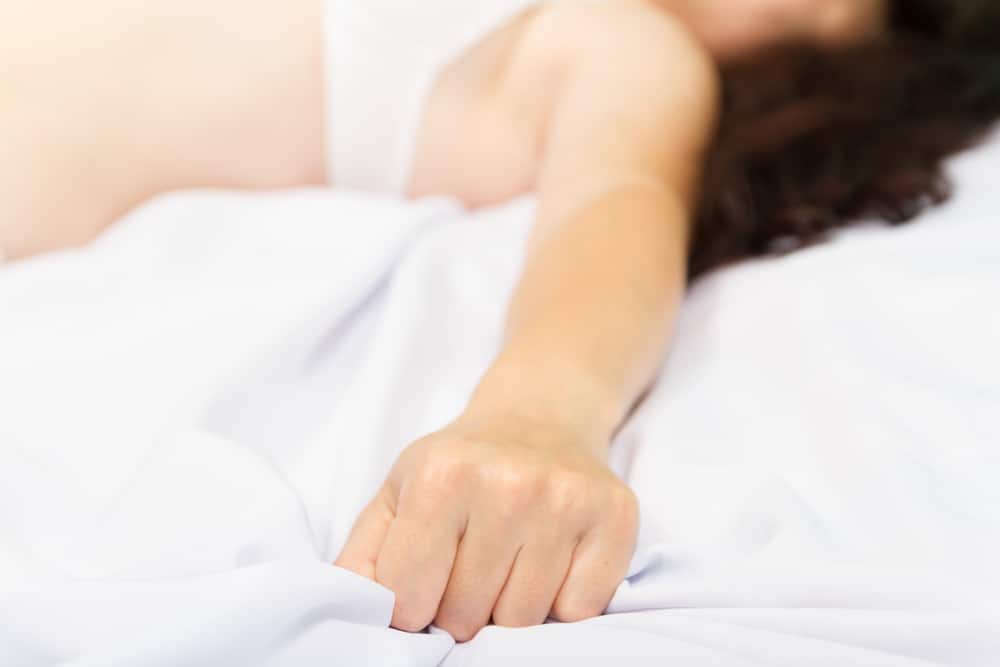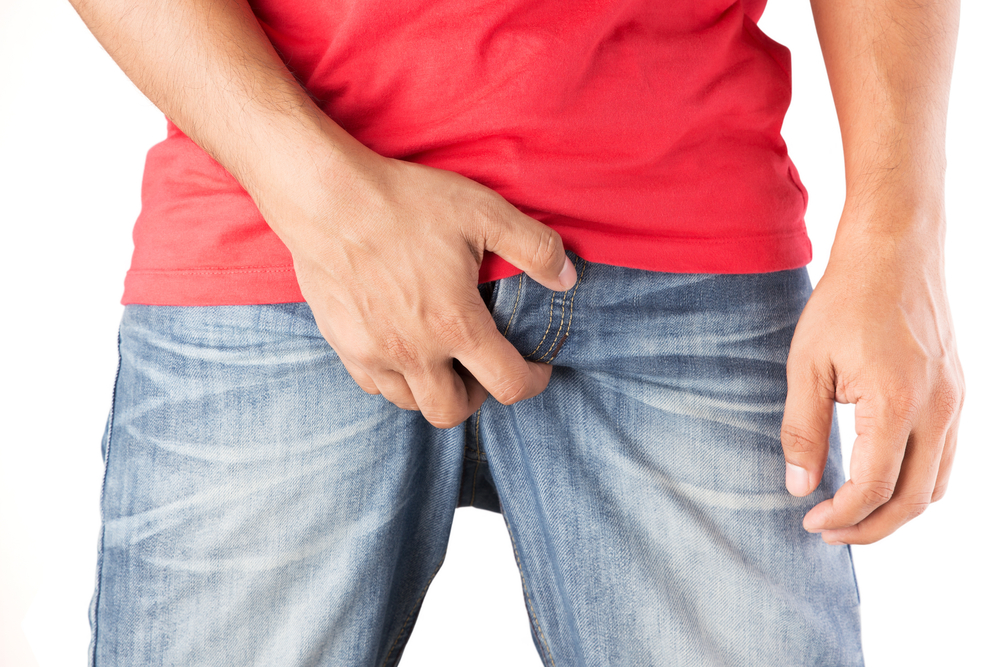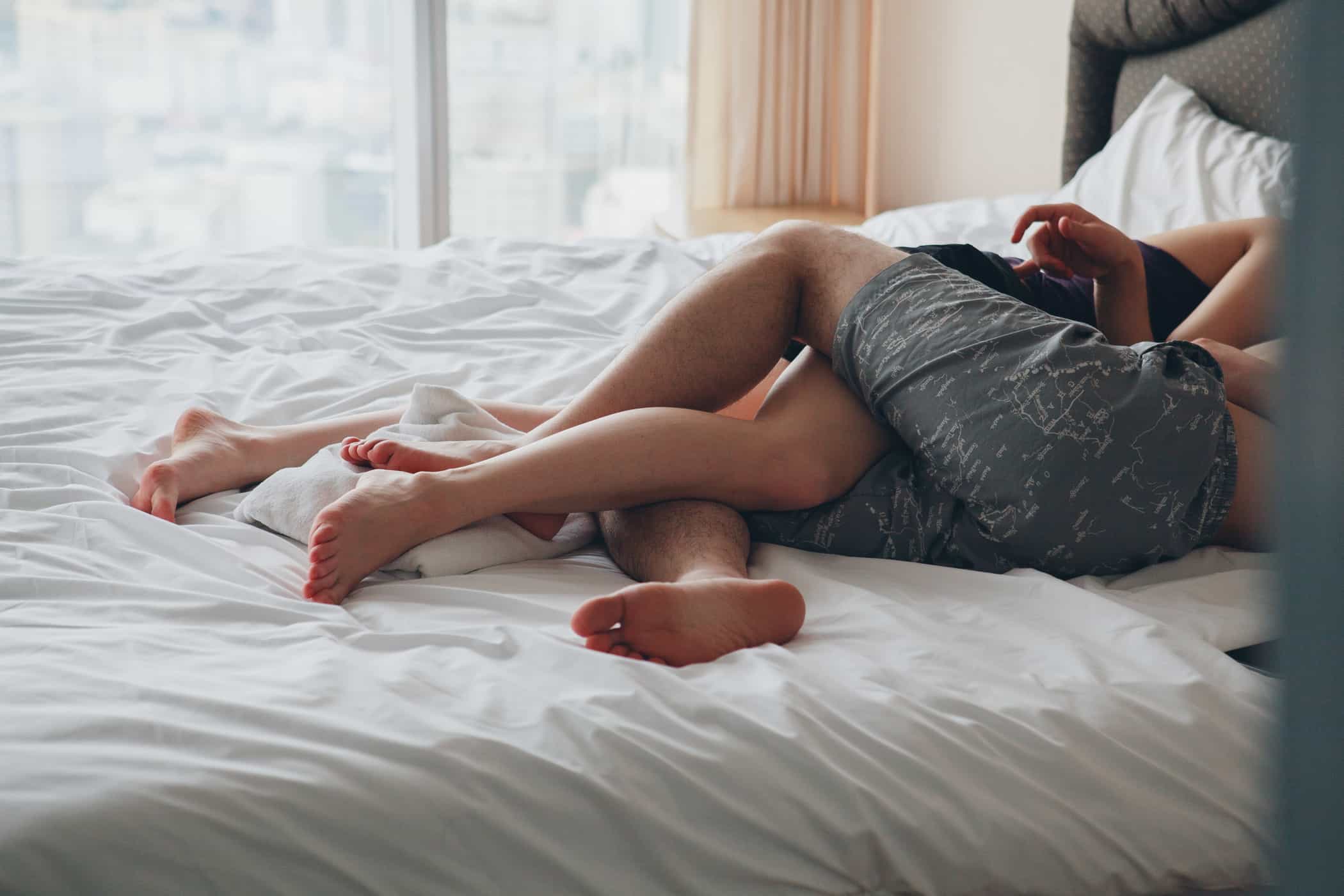Contents:
- Medical Video: Treatments for Hot Flashes
- Is that hot flashes?
- How do you deal with hot flashes?
- A simple way to deal with hot flashes
- Herbal products
- Non-prescription treatment
- Prescription treatment
- Hormone replacement therapy
Medical Video: Treatments for Hot Flashes
One sign that you are experiencing menopause is hot flashes, aka hot flashes. Maybe you just heard it for the first time, but you often feel it, if you are menopause. Hot flashes are feelings of heat in the body and this is normally felt by every woman who is menopausal. This is indeed sometimes annoying, but it can actually be overcome. How to?
Is that hot flashes?
Hot flashes or hot flushes are feelings of heat that can come suddenly in women who are menopause. Usually this feeling of heat occurs on the face, neck and chest. When hot flashes may be felt your skin becomes warm, sweating (especially at the top of the body), reddened face, faster heart beat, and tingling in your fingers.
The cause of hot flashes is not known exactly, but seems to be related to changes in reproductive hormones in the body of women who are menopausal. However, not all menopausal women experience hot flashes. Women who smoke, are obese, and rarely exercise are more at risk for experiencing hot flashes.
Hot flashes occur when blood vessels under the skin widen to help cool the body. The body can also sweat in response to cooling the body. This sweat can appear at night and can make it difficult for women to sleep. Too much sweating may cause you to feel cold.
Hot flashes can occur in a short time during menopause, some can experience it longer. The duration of hot flashes can vary between women. However, usually hot flashes will decrease over time.
Hot flashes can arise due to various things that can trigger it, such as:
- Drink alcohol
- Eating caffeinated products
- Eating spicy foods
- Being in a room with high temperature (heat)
- Stressful or anxious
- Using tight clothes
- Smoking or exposure to cigarette smoke
How do you deal with hot flashes?
Various ways can be done to overcome hot flashes. Starting from a simple method that can be done alone at home, using drugs or herbal products, to therapies involving hormones. You might be able to try these methods depending on the severity of your hot flashes.
A simple way to deal with hot flashes
This method can help reduce the intensity of heat when hot flashes come attacking. Some simple ways you can do to deal with hot flashes, such as:
- Keep calm. It's best to keep your room temperature at night, not to make you cold or hot. Customize your clothes, you should wear clothes made of cotton.
- Breathe slowly, take a deep breath and take it out (6-8 times a minute). Try to do this for 15 minutes every morning and evening, or every time you start feeling hot flashes.
- Limit consumption of coffee and tea, and stop drinking alcohol and smoking.
- Eat with balanced nutrition, with controlled portions. Eat foods that contain protein (nuts, meat, eggs, yogurt), good fats (especially omega-3 fatty acids, such as olive oil, beans, salmon and avocados), and vegetables and fruits that contain phytonutrients (broccoli, kale , cabbage, Brussels sprouts, celery, garlic) can help maintain hormonal balance in the body, so it can reduce hot flashes.
- Do exercise regularly. No need to be heavy. Sports such as walking, swimming, dancing, and cycling are the right choices for you.
- You can also try using ice compresses. Put the ice pack on your head at night, this might help. Or, wipe your face with cold water, a warm bath can also help.
Herbal products
This has not been proven well through research, but some women who tried it reported that this can reduce hot flashes. So, there's nothing wrong if you want to try. Some herbal products that are believed to reduce hot flashes are:
- Red clover (Trifolium pratense). It is believed to reduce hot flashes, but also has side effects that can increase the likelihood of bleeding.
- Evening primrose oil (Oenothera biennis). It can also help relieve hot flashes, but can also cause side effects, such as nausea and diarrhea. For those of you who take certain medications, such as blood thinners and some psychiatric drugs, you should not take this oil.
- Soy. In soybeans, substances are found that have effects similar to estrogen, so they can help reduce hot flashes. However, soy may cause mild stomach pain, constipation, and diarrhea in some people.
Non-prescription treatment
You may be able to take vitamin B complex supplements or vitamin E supplements, or you can also take non-prescription drugs, such as ibuprofen to help reduce hot flashes. This might help you.
Prescription treatment
Unlike non-prescription drugs, prescription drugs must be with the doctor's approval. Before taking this medicine, you should consult with your doctor first. Do not let the drug interfere with the use of other drugs or even cause your condition to deteriorate. Some drugs can reduce hot flashes, such as:
- Low-dose depression medications such as fluoxetine (Prozac), paroxetine (Paxil), or venlafaxine (Effexor).
- Clonidine, a blood pressure medication.
- Gabapentin, an antiseizure drug. Gabapentin is usually given for nerve-mediated pain, offering treatment for some women.
- Brisdelle, a special paroxetine formula for reducing hot flashes.
- Duavee, the formula for conjugate estrogen / bazedoxifene is designed to treat hot flashes.
Hormone replacement therapy
Hormone replacement therapy or HRT is used to treat hot flashes in a short time, less than 5 years. This therapy can prevent hot flashes in many women. This therapy can also relieve other symptoms of menopause, such as vaginal dryness and mood disorders (mood swing) For some menopausal women who experience hot flashes that can affect their quality of life, this therapy may be very helpful.
Estrogen supplements can replace lost estrogen, thereby reducing the severity of hot flashes and sweating at night. Estrogen used with progestins (progesterone) can reduce the risk of endometrial cancer.
However, if you stop doing HRT, then hot flashes can come back again. Short-term HRT causes several risks, such as blood clots and gallbladder inflammation. If HRT is not suitable for you, you can try another treatment. Don't forget, always consult with your doctor.
READ ALSO
- Why are Menopausal Women at Risk for Osteoporosis and Osteoarthritis?
- This is what happens to a woman's body at menopause
- Can Men Also Menopause?

